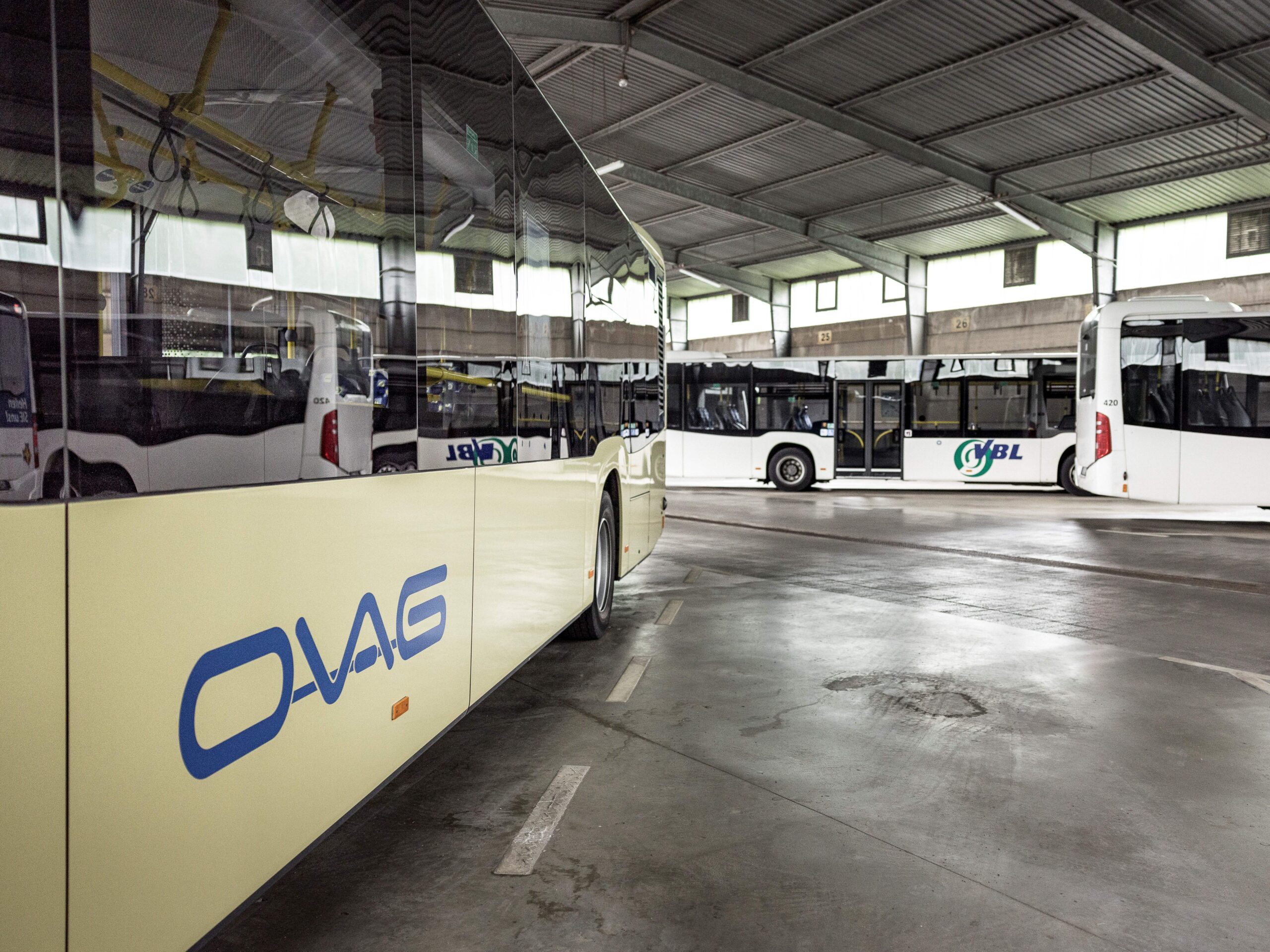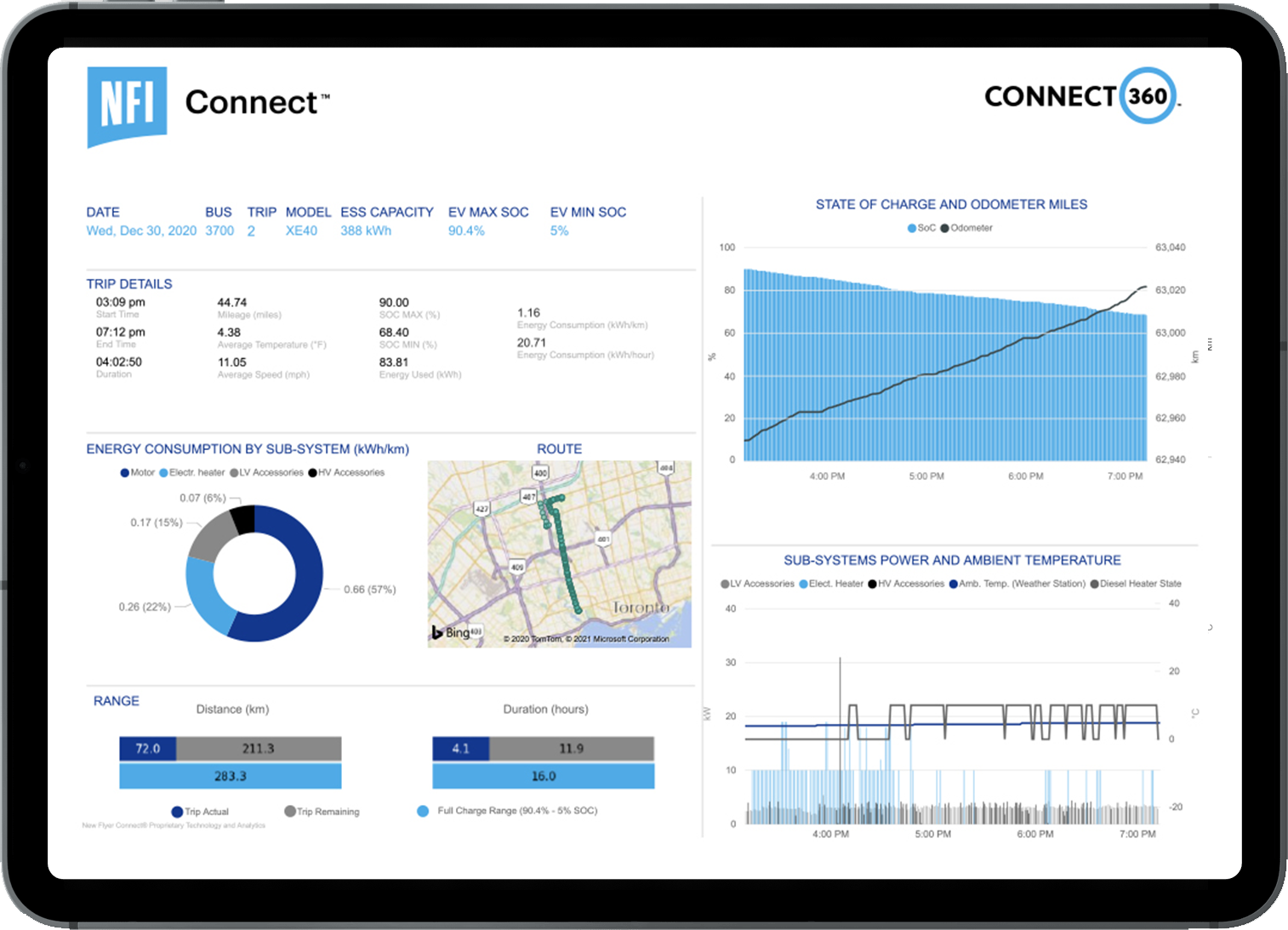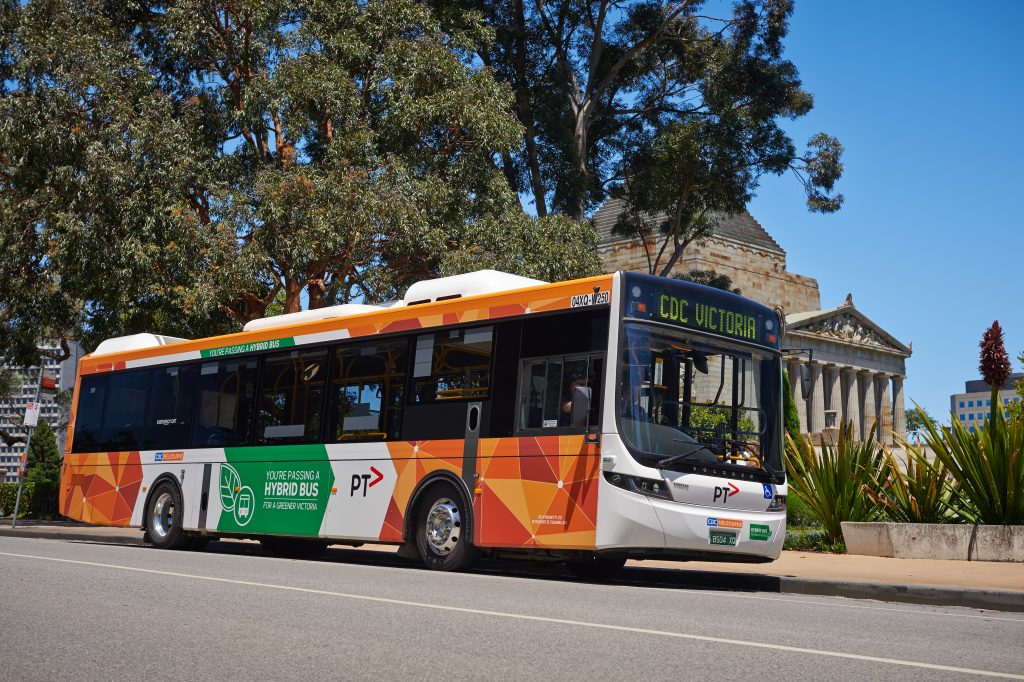From 4 to 7 June 2023, PSI Transcom GmbH will present its latest software developments for sustainable public transport at the UITP Global Public Transport Summit in Barcelona (booth 6D207).
The focus is on depot and charging management for alternative drives as well as train management.

The software products support transit companies in implementing their zero-emission strategy and ensure the availability of personnel and vehicles. Initial results from the STAPL research project will also be presented.
With the PSIebus depot and charging management system, vehicles of different drive types can be optimally dispatched and charging strategies implemented. The new solution PSIeDMS start, which is easily configurable and modularly expandable, provides a simple and quick entry into digital depot management.
From vehicle provisioning to passenger information in regular and disruption cases, the train management system PSItraffic/TMS integrates vehicle and workshop dispatching with a train control system and train routing. It detects conflicts on the track and uses this information to steer trains fully automatically.
In a live demo, PSI will present the reference architecture of a standardized vehicle data platform. This is intended to make the data collected in vehicles from different manufacturers usable for the further optimization of operational processes and is a result of the STAPL research project.
PSI is also part of the Innovation Guided Tour organized by UITP and will be represented with a presentation in the Spotlight Forum Sessions.
The PSI Group develops its own software products for optimizing the flow of energy and materials for utilities (energy grids, energy trading, public transport) and industry (metals production, automotive, mechanical engineering, logistics). The industry-specific products, which are built from standard components, are sold both directly and via the cloud-based PSI App Store and can also be customized by customers and partners themselves. PSI was founded in 1969 and employs nearly 2,200 people worldwide.
This article was originally published by PSI Transcom.















